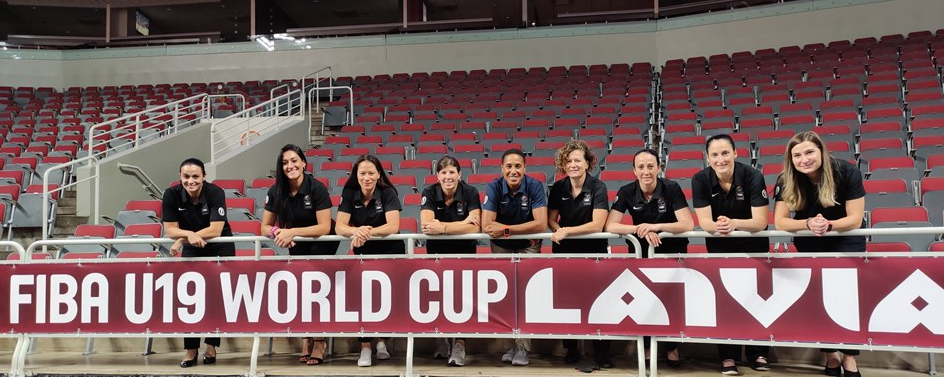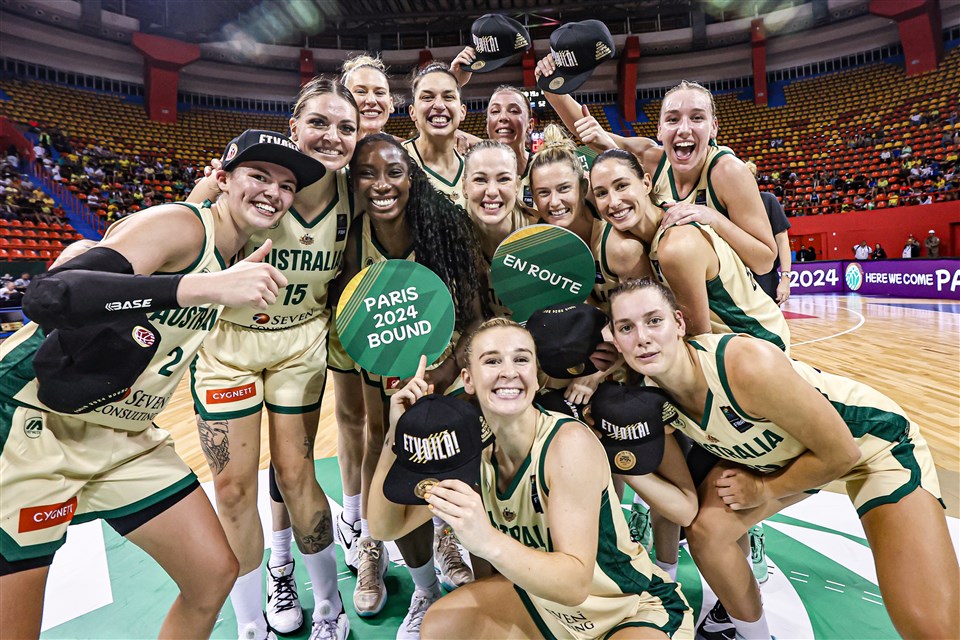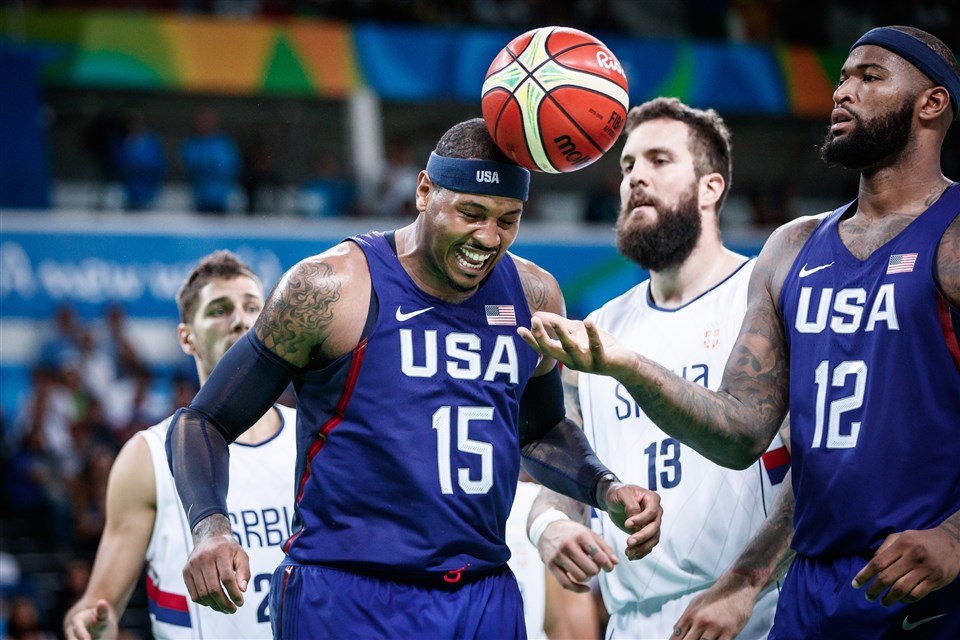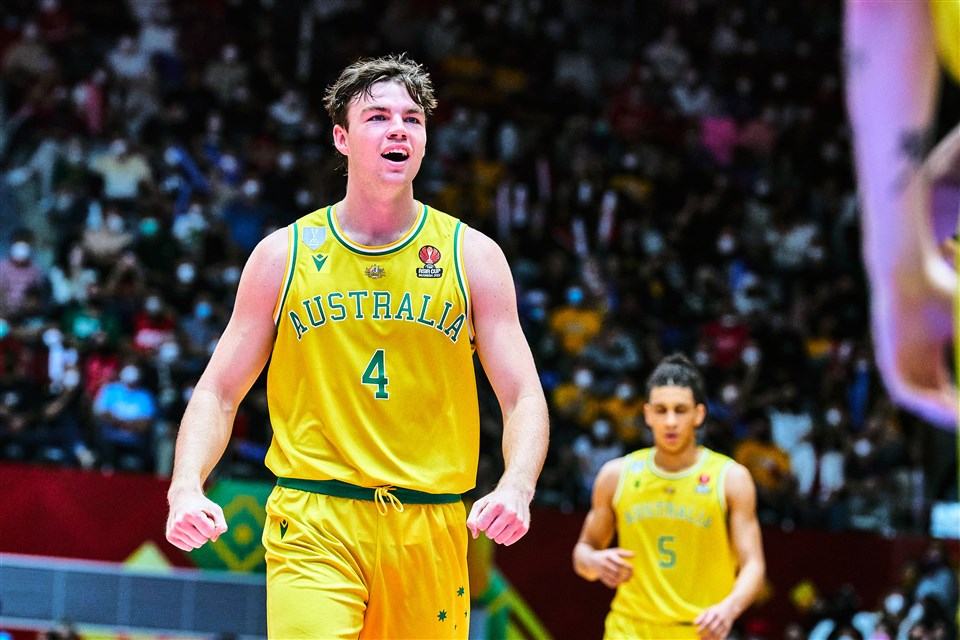Boost in women referee numbers for 2021 a key achievement

MIES (Switzerland) – A significant boost in the number of female referees, the licensing of table officials, the staging of various webinars and the development of basketball rules were prevailing themes with FIBA’s officials in 2021.
Chief among them was the significant number of female referees at the U19 World Cups during the summer and the appointments of Brazilian Andreia Silva and Canadian Maripier Malo to officiate at the Tokyo 2020 Olympic men’s games. They followed the footsteps of Chantal Julien who was the first female to officiate a men’s game in the Beijing Olympics in 2008.
The overall increase of licensed female referees was a positive development in international basketball.
With more National Federations submitting candidates, there was a 50% jump in female referee applicants for the Game Officials licensing (2021-2023) and 191 were licensed – a 31% increase compared to the number of female referees licensed from 2019-21.
Additionally, more female referees were granted Black Licenses, meaning they are eligible to officiate international games for all senior and junior levels, a key aspect of the Women in Basketball strategic priority for FIBA for 2019-2023.
FIBA also focused on licensing of table officials, a process that began in February and ended in September, just ahead of the FIBA Basketball World Cup 2023 Qualifiers. All the candidates registered in FIBA’s Management and Administrative Platform (MAP) for the first time.
Following an in-depth training process around the world and with the help of instruction and testing material produced by FIBA, 4,500 table official candidates were registered.
One way to help support the referees was the introduction of the FIBA iREF Online Academy, which offers e-learning self-study modules for all licensed FIBA Game Officials along with library material and video and reporting platforms.
Webinars also continued to be an integral part of training and interaction for referees. There were over 30 webinars this year conducted by top FIBA referees past and present, as well FIBA Referee Instructors and fitness and psychology experts.
Some webinars were dedicated to the 2021 FIBA Olympic Qualifying Tournaments, the FIBA U19 Men’s and Women’s Basketball World Cups and the Tokyo Olympic Games. Others were designed specifically for FIBA Elite Program referees and women’s officiating. In all, there were close to 8,000 registered participants.
Carl Jungebrand, FIBA Head of Refereeing said: “Overall, it’s been a busy and successful year thanks to everyone involved – FIBA Regional Offices and Headquarters, the Local Organizing Committees, supporting staff and the game officials themselves.
“FIBA has expanded considerably its online tools and platforms usage for referees and this pattern will certainly continue in 2022. Additionally, we are very pleased to see an increase in female referees headline our achievements this year, as well as the licensing of table officials, and look forward to continuing on with these successes next year”.
Even as the year has drawn to a close, FIBA has begun preparing for the big events of 2022. A comprehensive monitoring and preparation program has been developed to service these upcoming competitions and will be in place next year.
source:FIBA





